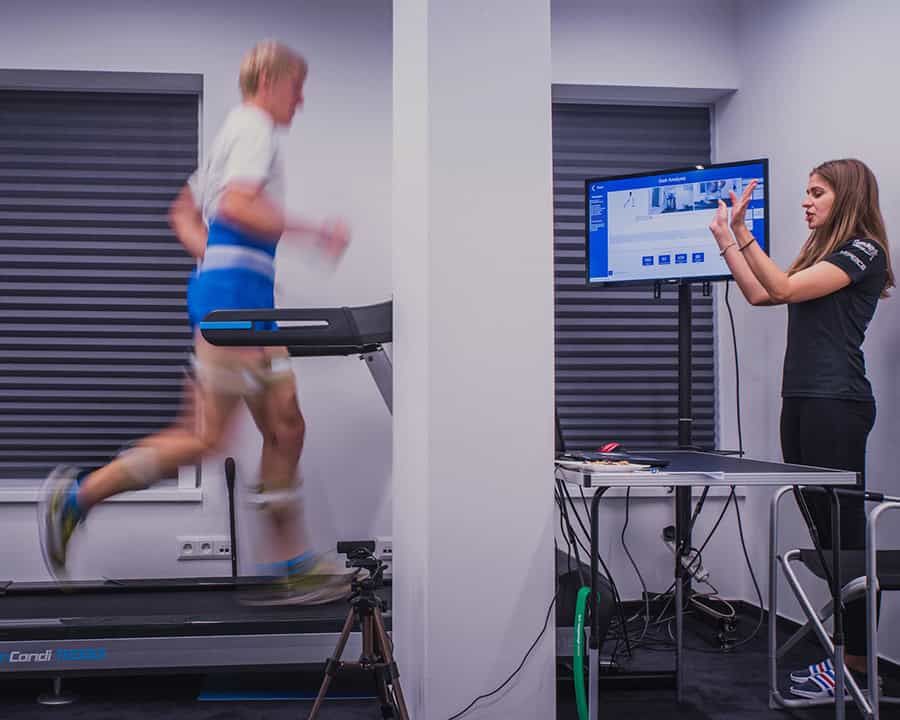Maximize Your Race Day: Why a Running Assessment is Essential for Ottawa Runners
Optimize Your Running with a Professional Ottawa Running Assessment at Bellefleur Physiotherapy
Is Your Running Form Helping or Hurting You? Here’s Why a Ottawa Running Assessment is a Game-Changer
An Ottawa Running Assessment should be worth considering with Ottawa Race Weekend fast approaching, now is the perfect time to fine-tune your running mechanics, prevent injuries, and maximize performance. Whether you’re training for a marathon, half-marathon, 10K, or 5K, your running form plays a crucial role in both efficiency and injury prevention. Small inefficiencies can lead to unnecessary strain on your joints, muscle imbalances, and increased risk of injury—all of which can slow you down or even force you to miss race day.
At Bellefleur Physiotherapy, we offer comprehensive running assessments designed to analyze your movement patterns, identify inefficiencies, and provide targeted solutions to keep you running strong and pain-free.
What is a Running Assessment?
A running assessment is a detailed biomechanical evaluation that looks at how you move while running. Through video analysis, strength and mobility screening, and real-time feedback, we assess key aspects of your running form, including:
- Foot strike and stride pattern
- Cadence and step symmetry
- Hip, knee, and ankle alignment
- Pelvic and core stability
- Upper body posture and arm swing
Based on the findings, our expert physiotherapists will provide personalized recommendations to optimize your technique, reduce stress on your body, and improve your overall efficiency.
Who Should Get a Running Assessment?
A running assessment is beneficial for runners of all levels, from beginners to seasoned marathoners. It’s especially helpful if:
- You are preparing for Ottawa Race Weekend and want to improve your running economy.
- You experience pain or discomfort while running, such as knee pain, shin splints, or hip tightness.
- You have a history of running-related injuries and want to prevent future setbacks.
- You are returning to running after an injury and want to do so safely.
- You want to improve your speed, endurance, or running form.
Help Prevent Common Running Injuries with a Gait Assessment
Many runners unknowingly put excessive strain on certain areas of their body due to poor movement mechanics. A running assessment can help address some of the common running injuries:
- Plantar Fasciitis – Heel pain caused by excessive stress on the plantar fascia.
- Runner’s Knee (Patellofemoral Pain Syndrome) – Pain around or behind the kneecap due to poor alignment.
- Shin Splints (Medial Tibial Stress Syndrome) – Pain along the shinbone from repetitive impact.
- IT Band Syndrome – Outer knee pain caused by tightness and instability in the hips.
- Achilles Tendinitis – Inflammation of the Achilles tendon from repetitive strain.
- Hip or Lower Back Pain – Often linked to poor core stability and inefficient running posture.
By addressing biomechanical inefficiencies, you can significantly reduce your risk of these injuries and keep training consistently toward your race-day goals.

Why Now is the Best Time to Get Assessed
With Ottawa Race Weekend just around the corner, now is the perfect time to identify and correct movement inefficiencies before increasing your training intensity. A small adjustment today can make a huge difference in injury prevention, running efficiency, and overall performance on race day.
By booking a running assessment at Bellefleur Physiotherapy, you will receive comprehensive assessments, and evidence-based treatments such as:
- Movement assessment, including mobility, flexibility, control and strength
- A detailed video analysis of your running mechanics.
- Personalized feedback and coaching to improve movement efficiency.
- Corrective exercises tailored to your specific needs.
- Strategies to prevent injuries and enhance performance.
Take Your Running to the Next Level – Book Your Assessment Today!
Don’t wait until pain or inefficiency slows you down. An Ottawa running assessment now means a stronger, more efficient, and injury-free race in May.









